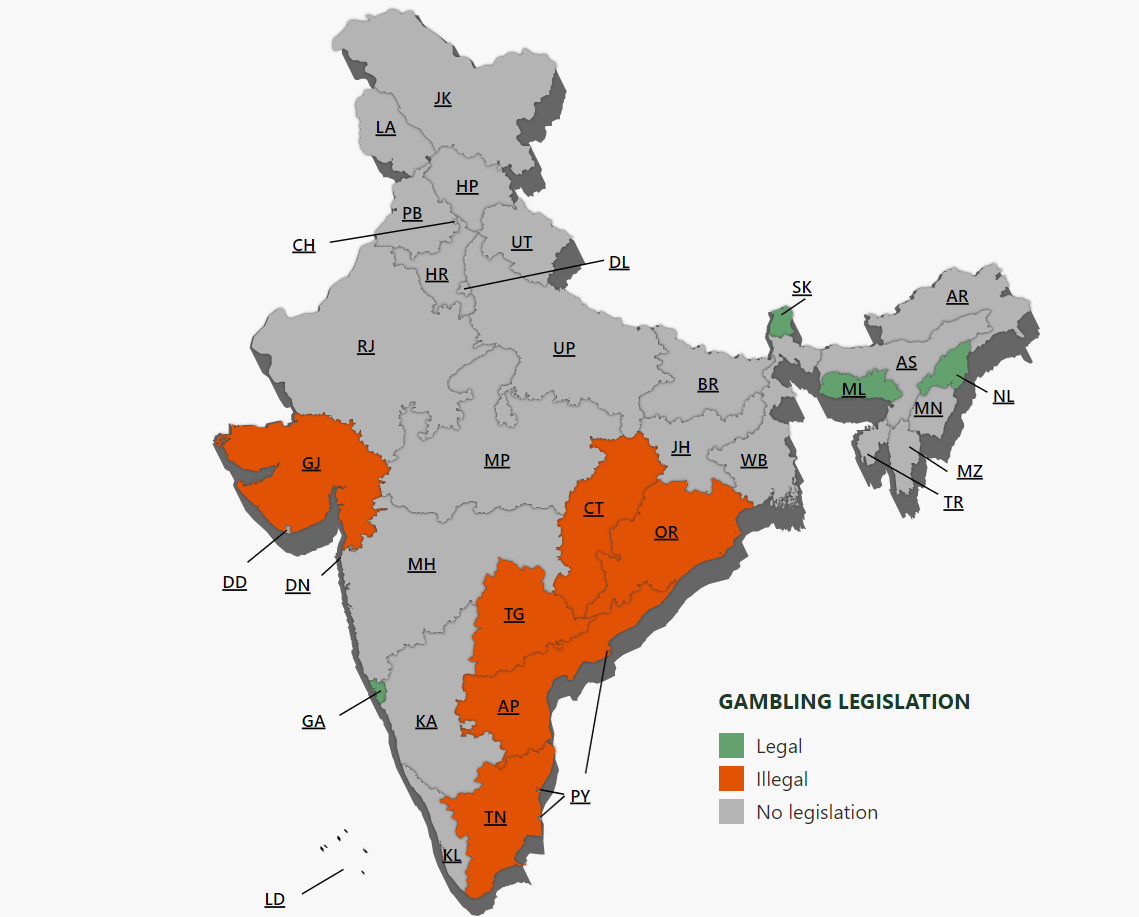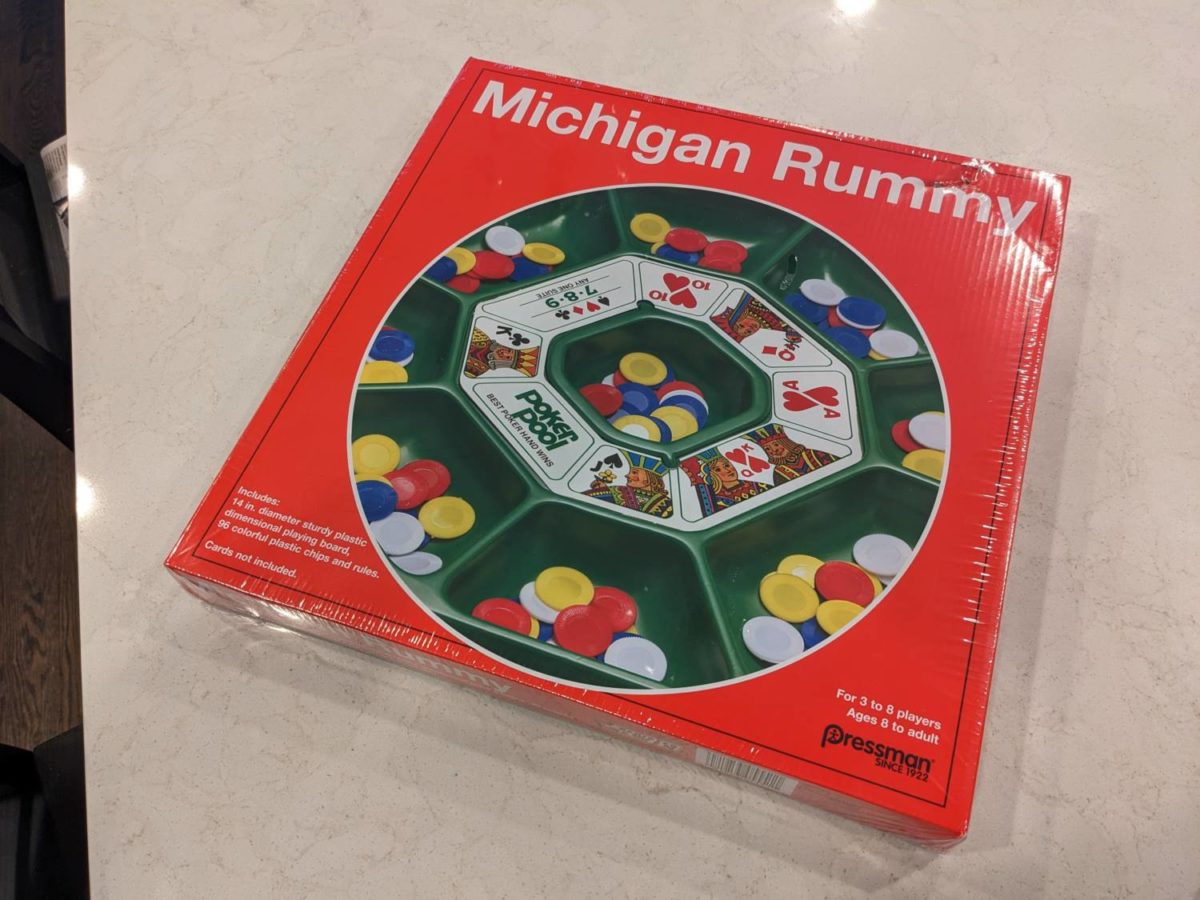Rummy’s legal status in India is, well, a bit like the game itself—full of twists and turns. Some states embrace it as a skill-based game, while others treat it like gambling. Confused? Let’s break it down.
Is Rummy Legal in India? The Short Answer
Yes—and no. The Supreme Court of India has ruled that rummy is a game of skill, not chance, which exempts it from most gambling laws. But here’s the catch: individual states can override this. So legality depends on where you’re playing.
The Supreme Court’s Stance on Rummy
In landmark cases like State of Andhra Pradesh vs. K. Satyanarayana (1968), the court clarified that rummy involves memory, strategy, and decision-making—not just luck. That distinction matters because:
- Games of skill are protected under Article 19(1)(g) of the Constitution (right to practice any profession).
- Gambling laws (like the Public Gambling Act, 1867) target games of chance.
That said, the court also warned: if rummy is played for stakes in a “gambling den,” it becomes illegal. Context is key.
Where Is Rummy Banned in India?
Some states treat rummy like any other gambling activity. As of 2024, these include:
| State | Status |
| Andhra Pradesh | Banned (since 2020) |
| Telangana | Banned (since 2017) |
| Odisha | Restricted |
| Assam | Restricted |
In these states, playing rummy for money—online or offline—can land you in hot water. Other states, like Tamil Nadu, have flip-flopped on bans (more on that later).
States Where Rummy Is 100% Legal
Most Indian states follow the Supreme Court’s skill-game logic. You can play rummy (even for cash) without legal worries in:
- Karnataka
- Maharashtra
- Goa
- Kerala
- Delhi
Courts here often cite the “predominance of skill” test—if a game relies more on skill than luck, it’s kosher.
The Gray Areas: Tamil Nadu & Gujarat
Ah, the plot thickens. Tamil Nadu passed a law in 2021 banning online rummy after reports of addiction and debt-related suicides. But in 2023, the Madras High Court struck down the ban, calling it “arbitrary.” The state government has appealed—so it’s a legal tug-of-war.
Gujarat? Similar drama. The Gujarat High Court ruled against a rummy ban in 2021, but local authorities still occasionally crack down on rummy apps. Confusing? You bet.
Why the Confusion?
India’s gambling laws are a patchwork of colonial-era rules and state amendments. Plus, “skill vs. chance” debates get philosophical fast. Imagine arguing whether poker is a sport—opinions vary.
Online Rummy: The New Frontier
With apps like RummyCircle and Junglee Rummy booming, regulators are playing catch-up. Key concerns:
- Addiction: The “just one more game” trap is real.
- Underage play: Some platforms have lax age checks.
- Fair play: Bots or collusion can skew games.
Most legal sites use geo-blocking in banned states and require KYC checks. But enforcement? Spotty at best.
How to Play Rummy Safely in India
If you’re keen to play without legal hiccups:
- Check your state’s laws—Google is your friend.
- Stick to licensed platforms (look for RNG certifications).
- Avoid shady “private” games—they’re often illegal.
- Set limits. Seriously, it’s easy to overspend.
The Future of Rummy in India
Honestly? It’s messy but hopeful. The central government is drafting a uniform gambling law, which could clarify things. Meanwhile, the online rummy market is projected to hit $2.5 billion by 2025—so it’s not going away.
Think of it like traffic in Mumbai: chaotic, but somehow it works. Just know the rules before you hit the road.




